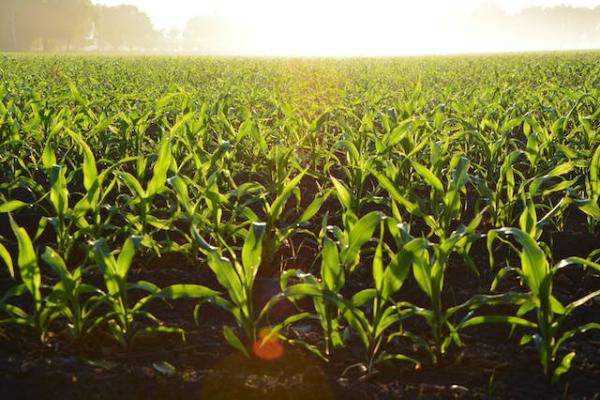Soil Health Pioneer on a Mission to End Hunger and Combat Climate Change

Last month, Columbus Monthly published "Ohio State Professor Rattan Lal Aims to Eliminate Hunger While Helping the Environment," detailing Professor Rattan Lal's remarkable journey from his early life in the Punjab region of British India to becoming a leading soil scientist and advocate for healthy soils is a testament to his dedication and passion. A Distinguished University Professor of Soil Science, Dr. Lal in the School of Environment and Natural Resources in the College of Food, Agricultural and Environmental Sciences received the prestigious World Food Prize in 2020 for his contributions to addressing world hunger through soil science.
Professor Lal's pioneering work in soil science extends to his innovative farming practices, contributing to a more sustainable future.
One of his key contributions is the promotion of "no-till" farming, a practice that refrains from traditional cultivation and leaves the stubble and scraps in place after harvest. This approach conserves soil moisture, reduces erosion, and helps retain essential nutrients, fostering healthier and more productive soil.
Lal's emphasis on maintaining or restoring organic carbon in soil through practices like mulching and cover cropping is another critical aspect of his farming philosophy. By enriching the soil with organic matter, Lal's methods improve its fertility and resilience, making it better suited to support robust crop growth. Additionally, this focus on soil health has the added benefit of sequestering carbon dioxide from the atmosphere, contributing to climate change mitigation.
Furthermore, Lal advocates for "soil-centric" farming practices prioritizing soil health, resulting in higher crop yields on fewer acres, reduced water usage, and decreased reliance on chemical fertilizers. His research and advocacy underscore the importance of integrating sustainable farming practices into global agriculture to address food security challenges while preserving our planet's health. Professor Rattan Lal's dedication to these innovative farming methods can improve agriculture, ensuring both productive harvests and a more sustainable future.
Learn more by visiting the November issue of Columbus Monthly.
